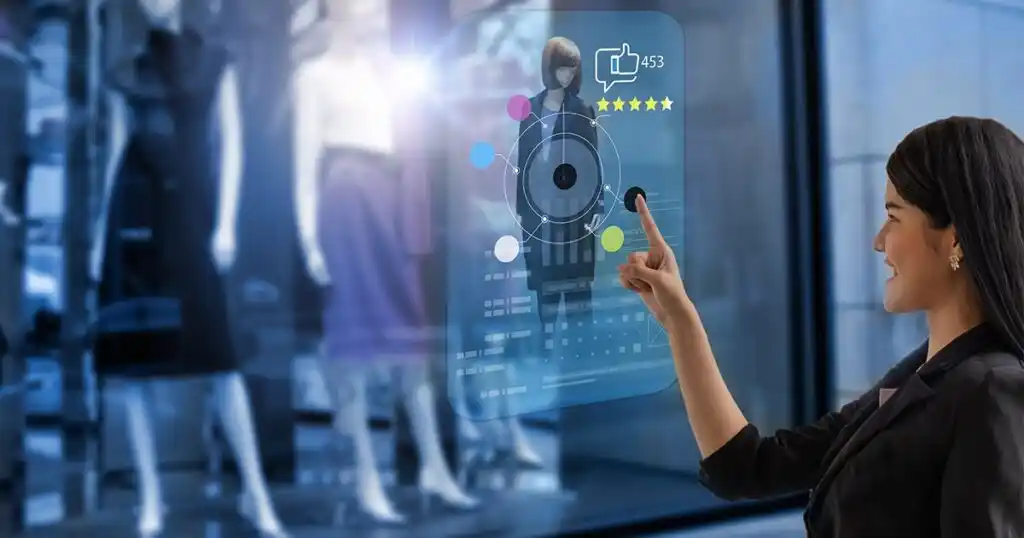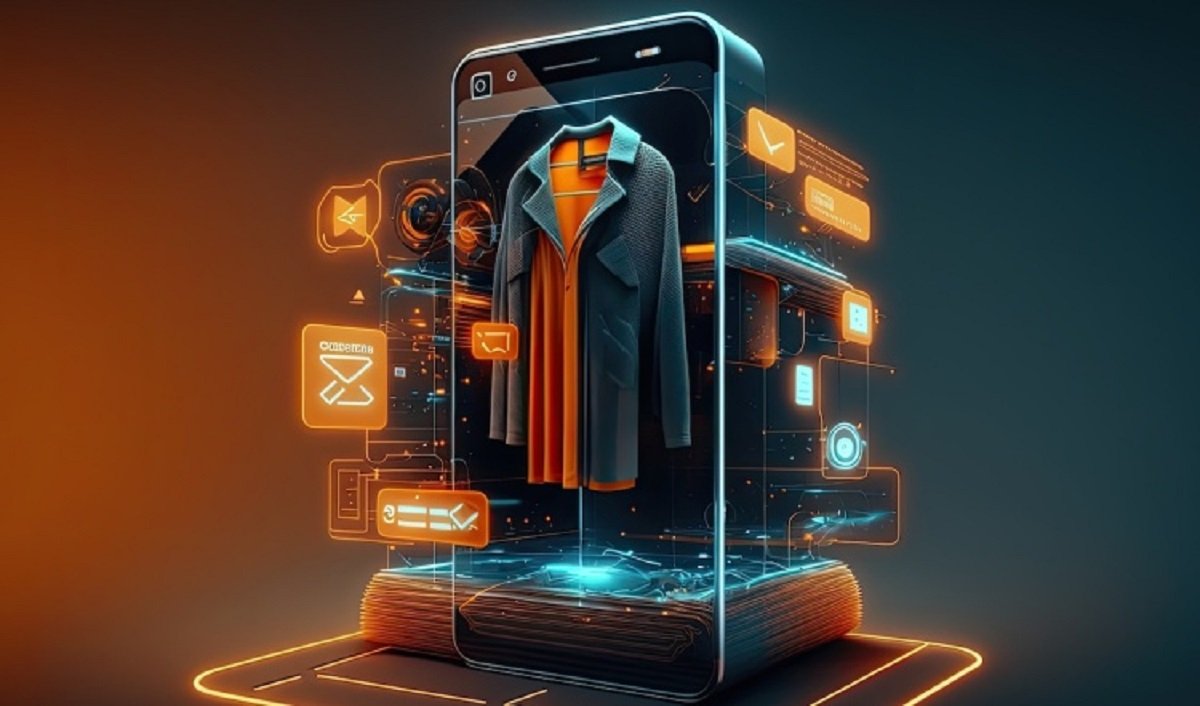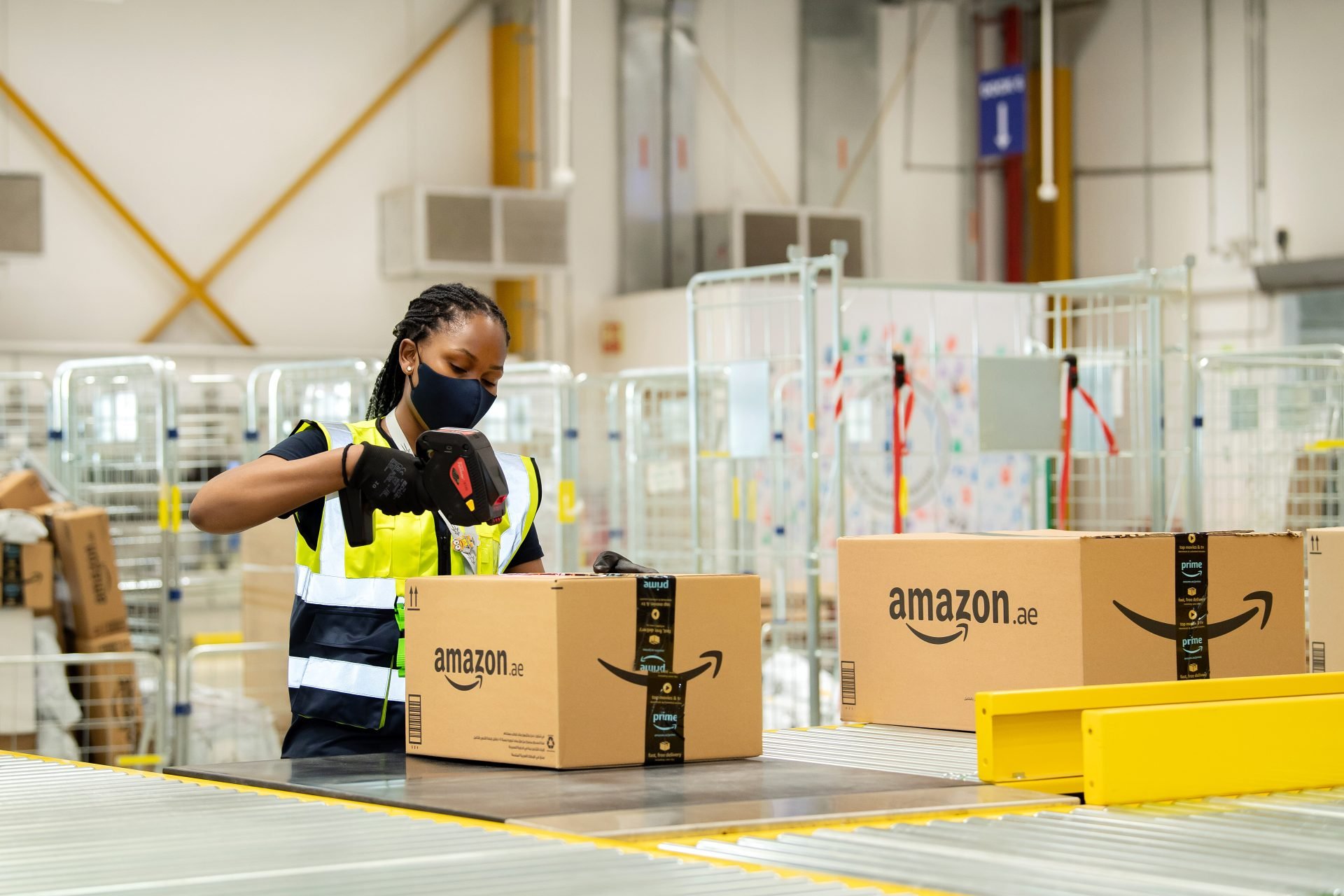
The Role of AI and Automation in Modern Retail
The retail industry is changing fast. AI, advanced analytics, and automated systems are driving this evolution. Retailers are noticing a change. Consumers want faster and more personalised shopping. So, retailers are using new technology to improve efficiency. This helps them make customers happier and increase profits.
AI and automation are changing how we manage inventory and serve customers. They create a smooth and smart shopping experience. This guide looks at how AI and automation affect modern retail. We’ll discuss their main uses and how businesses can use these tools to stay competitive.
The Growing Influence of AI in Retail
1. Personalized Shopping Experiences
- AI-driven recommendation engines analyse customer behaviour to offer tailored product suggestions.
- Machine learning algorithms track browsing and purchase history to refine marketing efforts.
- Virtual shopping assistants and AI chatbots enhance customer engagement.
- AI-powered sentiment analysis enables retailers to understand consumer emotions and preferences.
2. AI-Optimized Pricing Strategies
- AI uses real-time market analysis to implement dynamic pricing models.
- Predictive analytics help retailers change prices. They look at demand, competitor actions, and seasonal trends.
- AI-based promotions optimise discount strategies for maximising sales.
- Personalised pricing models ensure loyalty program members receive targeted discounts.
3. Automated Customer Support & Chatbots
- AI chatbots provide instant, 24/7 customer support via messaging apps and websites.
- Natural Language Processing (NLP) enables bots to handle inquiries, returns, and complaints.
- AI-powered virtual assistants guide shoppers through their buying journey in real-time.
- Voice-enabled AI assistants, like Amazon’s Alexa and Google Assistant, facilitate voice-based shopping.
4. Fraud Detection and Cybersecurity
- AI algorithms detect suspicious transactions and prevent fraud in real-time.
- Machine learning models analyse transaction patterns to identify anomalies and reduce chargebacks.
- Biometric authentication and AI-driven security systems protect consumer data and payment information.
The Impact of Automated Retail Systems

1. Smart Inventory & Supply Chain Management
- AI predicts demand patterns and automates restocking to prevent overstocking or stockouts.
- RFID and IoT sensors track inventory in real-time across warehouses and stores.
- Automated warehouses use robotic fulfilment to speed up order processing.
- AI-driven supply chain optimisation reduces costs and improves delivery times.
2. Checkout-free and Contactless Shopping
- AI-powered cashierless stores allow customers to shop and leave without scanning items.
- Self-checkout kiosks and mobile payment systems improve speed and convenience.
- Facial recognition and biometric payments are emerging as frictionless payment solutions.
- Automated checkout systems minimise wait times and enhance the in-store experience.
3. Robotics in Retail
- Autonomous robots manage shelf restocking and perform store audits.
- AI-powered delivery drones and robots enhance last-mile fulfilment.
- Robotic process automation (RPA) streamlines administrative retail tasks.
- In-store service robots assist customers in locating products and answering queries.
4. AI-Driven Demand Forecasting
- AI analyses sales trends, weather patterns, and external factors to predict demand.
- Prevents inventory waste by optimising stock levels based on real-time data.
- Automated systems adjust procurement strategies to reduce overstocking and understocking.
5. AI in Visual Merchandising
- AI uses computer vision to assess store layouts and improve product placement.
- AI-driven analytics optimise shelf space for high-performing products.
- Virtual fitting rooms use AR technology to enhance the customer shopping experience.
The Role of AI in Enhancing Customer Engagement
1. AI-Powered Loyalty Programs
- AI analyses purchase history to offer personalised rewards.
- Predictive analytics identify the best incentives to retain high-value customers.
- Automated rewards redemption and smart points tracking improve user experience.
2. Sentiment Analysis for Customer Insights
- AI scans customer reviews, social media comments, and support interactions.
- Retailers use AI to refine product offerings and enhance marketing strategies.
- AI-powered survey analysis identifies areas for service improvement.
3. AI in Omnichannel Retail
- AI synchronises online and offline shopping experiences.
- Personalised digital signage adjusts promotions in real time based on customer demographics.
- AI optimises the Buy Online, Pick Up In-Store (BOPIS) process to improve convenience.
The Future of AI and Automation in Retail

1. Augmented Reality (AR) & Virtual Try-Ons
- AI will enhance immersive shopping experiences.
- VR showrooms let customers explore products in a digital space.
- AI-powered smart mirrors in stores will help shoppers try on clothes virtually.
2. Voice Commerce & AI Shopping Assistants
- Smart assistants like Alexa and Google Assistant will shape future retail transactions.
- AI voice search will become more intuitive, allowing hands-free, conversational shopping.
- Voice-activated reordering will make shopping more seamless for repeat purchases.
3. AI-Powered Sustainability Initiatives
- AI will optimise energy use, supply chains, and sustainable sourcing.
- AI-driven waste reduction strategies will help retailers minimise excess inventory.
- Machine learning models will assess product lifecycle impact to improve eco-friendly initiatives.
4. Hyper-Personalization Through AI
- Advanced AI algorithms will offer real-time individualised promotions.
- AI will adjust shopping experiences dynamically based on user interactions.
- Personalised marketing campaigns will become more precise, improving conversion rates.
5. Next-Generation Automated Fulfillment Centers
- AI-driven robotic warehouses will significantly enhance fulfilment speeds.
- Drones and autonomous vehicles will become mainstream for retail deliveries.
- Predictive order fulfilment will optimise logistics based on shopping habits.
Case Studies: Retailers Leading the AI & Automation Revolution

1. Amazon: AI-Powered Logistics & Customer Experience
- AI algorithms optimise Amazon’s recommendation engine, leading to higher sales conversions.
- Amazon Go stores use AI-powered Just Walk Out tech to shop without checkout.
- AI-powered warehouses automate order fulfilment to deliver products faster.
2. Walmart: AI-Enhanced Retail Operations
- Walmart uses AI-driven cameras to prevent theft and track in-store inventory levels.
- The company uses AI in supply chain management. This helps to improve deliveries and cut down on waste.
- Walmart’s chatbot customer service improves response times and enhances user experience.
3. Sephora: AI-Powered Beauty Retail
- Virtual try-on tools use AI-powered facial recognition for personalised makeup recommendations.
- Chatbots offer product recommendations and engage with customers in real-time.
- AI-driven loyalty programs reward customers with tailored offers and incentives.
Conclusion
AI and automation are essential in modern retail. They boost efficiency, scalability, and customer satisfaction. Retail technology helps businesses run smoother and enhance the shopping experience.
Retailers using AI for personalisation, automation, and predictive analytics will stay competitive online. Innovations like AI-powered inventory management and personalised marketing are changing retail. Checkout-free shopping is another exciting development.
As AI and machine learning evolve, retailers who embrace these technologies will gain an edge. They will provide seamless, intelligent, and engaging shopping experiences.
Now is the time to invest in AI and automation to stay ahead in the future of retail.


